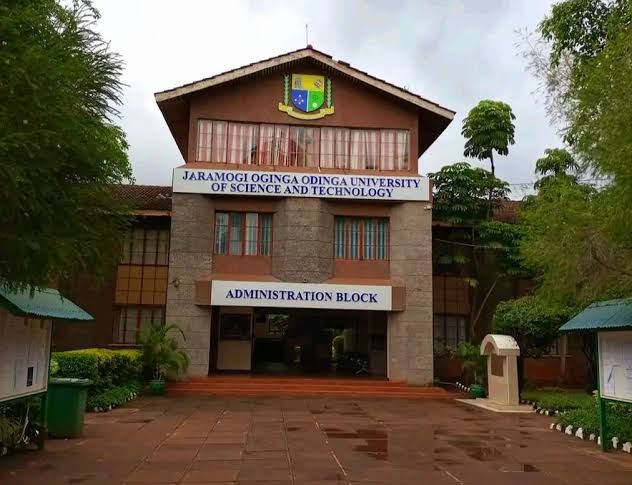The termination of funds for the school feeding programme for vulnerable children in schools in slums and arid and semi-arid lands in the 2024/2025 finance bill is disastrous.
In one extreme case reported from Kajiado County in early 2024, some parents went to neighbouring schools to ask for food since they did not have any in their homes after the prolonged draught between 2022 and 2024. The discontinuation of this programme would mean that these pupils will drop out of school in order to spend their time struggling to get what to feed on.
Consider the following statistics to appreciate the enormity of the challenge. According the Ministry of Education data, a total of 2.3 million learners were fed at a cost of Ksh4.9 billion in the financial year 2022/2023. This number of needy pupils is equivalent to half the current population of Nairobi County; 4,396,828, more than the populations of Kakamega; 1,867,539, Bungoma; 1,670,535, Nakuru; 2.162 million and almost at par with the population of Kiambu at 2,417,600 people.
In other words, when these vulnerable children fail to get lunch in school every day, it is like when all the people of Kiambu County go without lunch daily.
As this amount was being deleted from the vote of the ministry, a further Ksh20.17 billion could not be raised by Treasury to fund junior secondary schools.
Concurrently, however, Treasury was able to propose to allocate Ksh1.6 billion for renovation of the Deputy President’s office in Karen and a further Ksh800 million for purchase of motor vehicles for the DP and the Prime Cabinet Secretary.
This speaks volumes about the priorities of the government especially because the facilities being renovated are fairly new. One wonders why the renovations could not be staggered over a three year period or so in order to release some resources to the poor children.
What are the international perspectives to such situations? A lot of countries practice affirmative action in favour of the poor. This, according to Investopedia, is “a policy aimed at increasing workplace and educational opportunities for people who are underrepresented in various sectors of society”.
India and Brazil have elaborate laws, procedures and programmes to carry out affirmative action. In Brazil for example, the policy ‘requires every federal university to reserve at least half of all seats for students from certain groups. Out of that half, about half of the seats go solely to black, mixed and indigenous Brazilians. The other half go to low-income public school students”.
A research carried out by Guaran Khanna of the University of California, San Diego, found out that ‘affirmative action raises the likelihood of getting into college or obtaining a government job for the minority groups in India’.
Furthermore, he found out that “affirmative action policies incentivize about 0.8 additional years of education for the average minority group students and 1.2 more years of education for a student from a marginal minority sub-group”.
In Kenya, the bursaries awarded to students at all levels of education is part of an affirmative action towards enabling the poor children to continue with education, so does the school feeding programme.
For Treasury to terminate this provision is shocking and goes against international best practices as indicated above. The assertion by the President’s economic advisor David Ndii that the school feeding programme would be handled by a specialized agency within the Ministry of Education does not seem to be true because the Principal Secretary Belio Kipsang was not aware of it when he appeared before the National Assembly Committee on Education.
It behooves the government to reinstate funding of this programme with immediate effect for the sake of the poor whose social mobility, in most cases, is only possible through education, being the distributor of life chances.
YOU MAY ALSO READ:
Narok JSS teachers vow to protest until their demands are met
By Mwalimu Andrew Kibet
You can also follow our social media pages on Twitter: Education News KE and Facebook: Education News Newspaper for timely updates.
>>> Click here to stay up-to-date with trending regional stories






